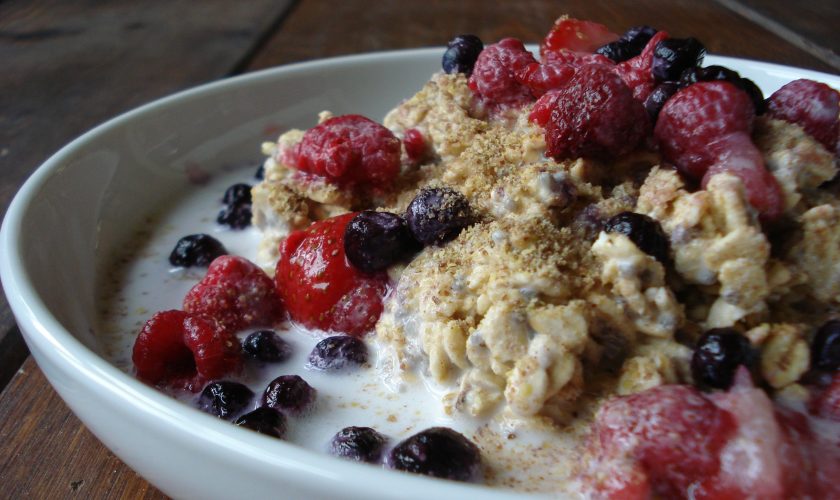Dairy products have long been an integral part of human diets, offering a rich tapestry of flavors, textures, and nutritional benefits. From creamy cheeses to velvety yogurts and wholesome milk, dairy products have played a central role in culinary traditions around the world. Join us as we embark on a journey to discover the diverse and delightful world of dairy.
1. Nutritional Powerhouses
Dairy products are prized for their nutritional density, providing essential nutrients that are crucial for maintaining optimal health. Milk, the foundation of many dairy products, is rich in calcium, which is essential for strong bones and teeth. Additionally, dairy products are excellent sources of high-quality protein, which is essential for muscle growth and repair. They also contain essential vitamins and minerals, such as vitamin D, vitamin B12, potassium, and phosphorus, which are vital for various bodily functions.
2. Culinary Versatility
One of the most remarkable aspects of dairy products is their culinary versatility. Cheese, with its myriad of textures and flavors, can be enjoyed on its own or incorporated into a wide range of dishes. From creamy brie and tangy cheddar to crumbly feta and nutty Parmesan, there is a cheese to suit every taste and occasion. Yogurt, whether enjoyed plain or flavored, can be eaten as a snack, used as a topping, or incorporated into both sweet and savory dishes. Cream and butter add richness and depth to sauces, soups, and baked goods, enhancing their flavor and texture.
3. Cultural Significance
Dairy products hold cultural significance in many societies, serving as staples in traditional cuisines and culinary practices. In France, cheese is an integral part of the culinary landscape, with hundreds of varieties produced across the country. In India, yogurt (known as dahi) is a staple ingredient in many dishes, providing a cooling contrast to spicy flavors. Whether enjoyed as part of a festive meal or a simple snack, dairy products reflect the cultural heritage and culinary traditions of diverse communities around the world.

4. Health Benefits
In addition to their culinary appeal, dairy products offer a range of health benefits. The calcium and vitamin D found in dairy products are essential for bone health and can help prevent osteoporosis and bone fractures. The protein in dairy products also helps to build and repair muscles, making them an important part of a balanced diet, especially for those who are physically active. Additionally, some dairy products, such as yogurt and kefir, contain beneficial probiotics that support digestive health and boost the immune system.
5. Environmental Considerations
While dairy products offer many nutritional benefits, there are also environmental considerations associated with their production. Dairy farming can have significant environmental impacts, including greenhouse gas emissions, water pollution, and deforestation. However, sustainable farming practices, such as rotational grazing and organic farming, can help mitigate these impacts and reduce the environmental footprint of dairy production.
Conclusion
Dairy products are a diverse and delicious addition to any diet, offering a wealth of flavors, textures, and nutritional benefits. From creamy cheeses to tangy yogurts and frothy milk, dairy products have been enjoyed by people around the world for centuries. Whether enjoyed on their own or incorporated into a wide range of dishes, dairy products continue to play an important role in culinary traditions and modern diets alike. As we savor the delights of dairy, let us also consider the environmental and ethical implications of its production, and strive to support sustainable and responsible practices within the dairy industry.





















